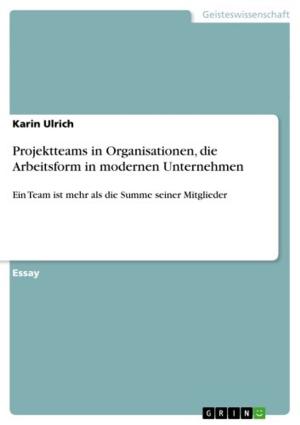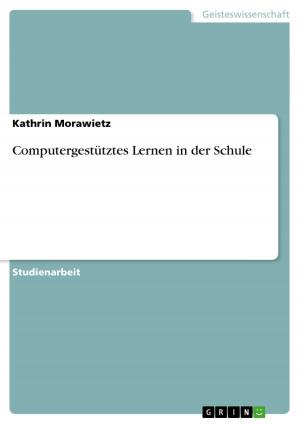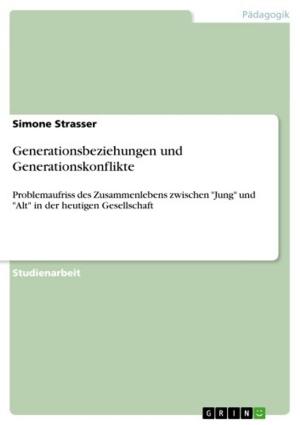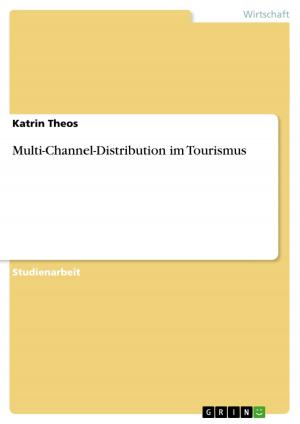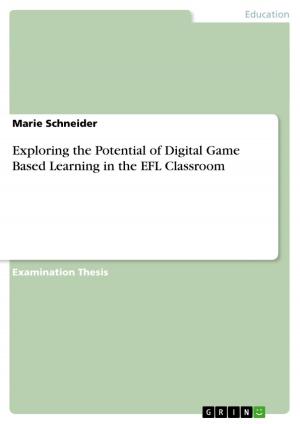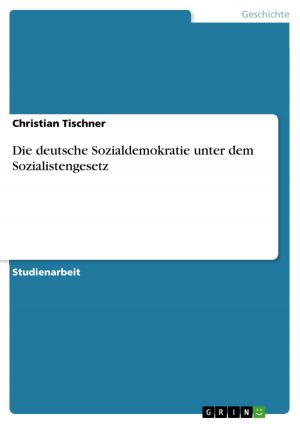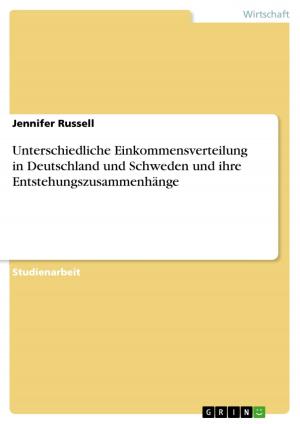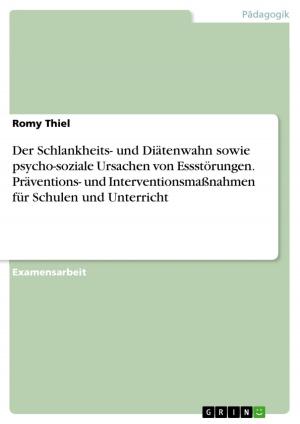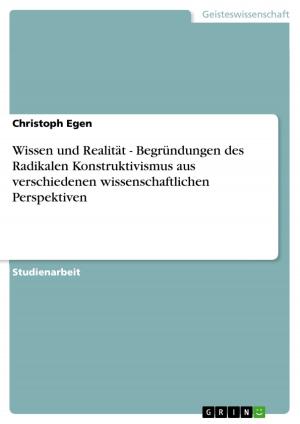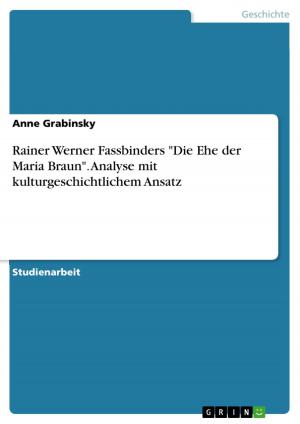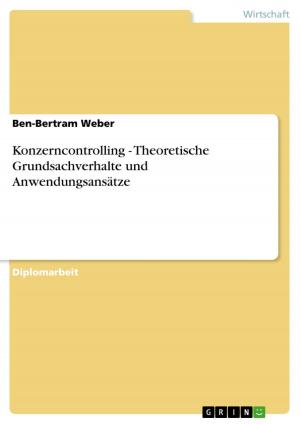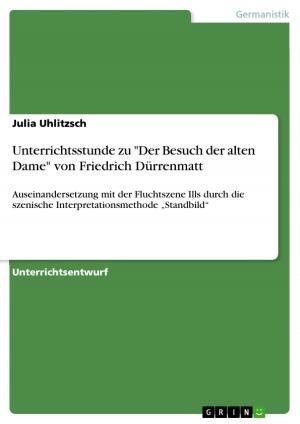Influence of Teachers on Motivation of Students for Career Development in Academics
Nonfiction, Reference & Language, Education & Teaching, Teaching, Teaching Methods| Author: | Ambika Dhar Dasgupta | ISBN: | 9783656734352 |
| Publisher: | GRIN Verlag | Publication: | September 3, 2014 |
| Imprint: | GRIN Verlag | Language: | English |
| Author: | Ambika Dhar Dasgupta |
| ISBN: | 9783656734352 |
| Publisher: | GRIN Verlag |
| Publication: | September 3, 2014 |
| Imprint: | GRIN Verlag |
| Language: | English |
Master's Thesis from the year 2014 in the subject Pedagogy - The Teacher, Educational Leadership, , language: English, abstract: Shortage of quality faculty in the higher education is a big challenge to be addressed in Indian education system. The research aim was to investigate the influence of teachers in motivation level of students for career development in academics. There are reports that India faces a shortage of 300,000 faculty members in its universities and colleges. It is estimated that the shortage will increase at the rate of 100,000 each year. These are big numbers even for a country of one billion-plus people and counting. What is remarkable is that the faculty shortage is serious not only in poor-quality public universities and colleges, but even at the world-class Indian Institutes of Technology (IITs) and the Indian Institutes of Management (IIMs). There is a shortage of 12 lakh government school teachers. The UNESCO Institute of Statistics goes one step further. In a 2010 report, it says India will need 20 lakh new teachers by 2015. The truth is that, with some exceptions, higher education is in deep rot. India produces a sufficient number of high-quality Ph.D.'s but unable to motivate them to opt for jobs in academics within India. Students motivation is important owing to importance of very less number of intellectual mass are opting for academic career in their professional life. This study is proposed to identify the factors that help to know students' attitudes towards making career in academics and highlight the role of teachers deciding student's professional career. This will assist educational thinkers to introspect and guide the teachers to play their role in motivating students, especially the intelligent student mass to opt for the career in academics. Coming to higher studies in most of the cases are linked with the career choice in academics. The findings that about 88% of the respondents would complete the courses and there is an 80% probability for them to choose career in academics. This number is encouraging. But the reality may be different unless we are able to maintain the motivation level of these students. There are several factors responsible in the career decision making. Self motivation remains as deciding factor for many of people. The self motivation is also more sustainable in nature. Some of the important self motivating factors like - Opportunity for life long learning , Contribute in developing good human being and highly motivated society and Respectable profession with power, facilities and high salary needs special attention.
Master's Thesis from the year 2014 in the subject Pedagogy - The Teacher, Educational Leadership, , language: English, abstract: Shortage of quality faculty in the higher education is a big challenge to be addressed in Indian education system. The research aim was to investigate the influence of teachers in motivation level of students for career development in academics. There are reports that India faces a shortage of 300,000 faculty members in its universities and colleges. It is estimated that the shortage will increase at the rate of 100,000 each year. These are big numbers even for a country of one billion-plus people and counting. What is remarkable is that the faculty shortage is serious not only in poor-quality public universities and colleges, but even at the world-class Indian Institutes of Technology (IITs) and the Indian Institutes of Management (IIMs). There is a shortage of 12 lakh government school teachers. The UNESCO Institute of Statistics goes one step further. In a 2010 report, it says India will need 20 lakh new teachers by 2015. The truth is that, with some exceptions, higher education is in deep rot. India produces a sufficient number of high-quality Ph.D.'s but unable to motivate them to opt for jobs in academics within India. Students motivation is important owing to importance of very less number of intellectual mass are opting for academic career in their professional life. This study is proposed to identify the factors that help to know students' attitudes towards making career in academics and highlight the role of teachers deciding student's professional career. This will assist educational thinkers to introspect and guide the teachers to play their role in motivating students, especially the intelligent student mass to opt for the career in academics. Coming to higher studies in most of the cases are linked with the career choice in academics. The findings that about 88% of the respondents would complete the courses and there is an 80% probability for them to choose career in academics. This number is encouraging. But the reality may be different unless we are able to maintain the motivation level of these students. There are several factors responsible in the career decision making. Self motivation remains as deciding factor for many of people. The self motivation is also more sustainable in nature. Some of the important self motivating factors like - Opportunity for life long learning , Contribute in developing good human being and highly motivated society and Respectable profession with power, facilities and high salary needs special attention.

